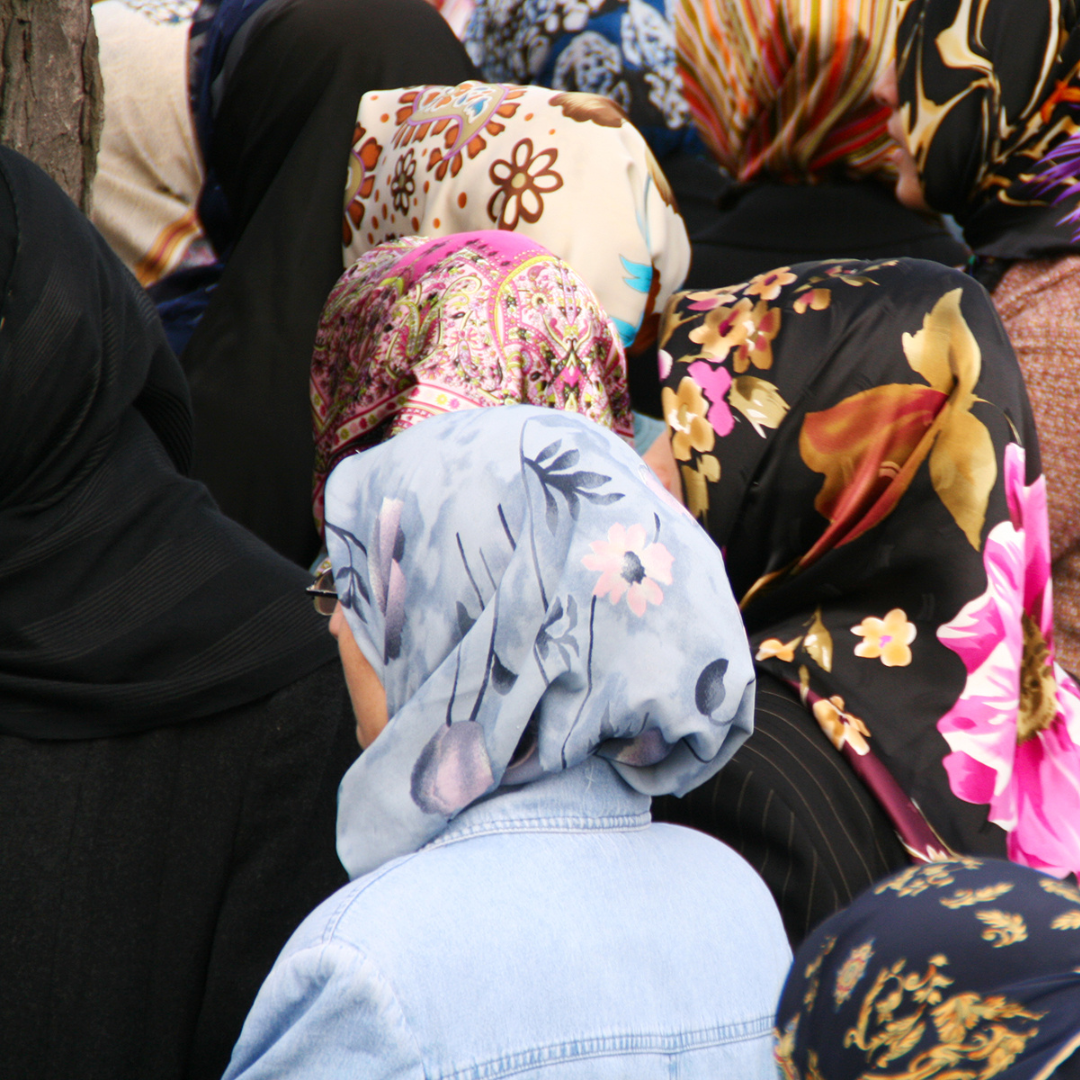Projects
At the Sultan Omar ‘Ali Saifuddien Centre for Islamic Studies (SOASCIS), we are wholeheartedly committed to fostering a robust ecosystem of interdisciplinary and multidisciplinary scholarly inquiry and learning. Futuring together, we champion a unique intersection of diverse academic disciplines to create a holistic understanding that extends beyond theology. Our renown for dedication to research is captured in our broad portfolio of research projects, each one symbolizing our intellectual curiosity and unwavering pursuit of knowledge. Led by our distinguished faculty members, these projects push the boundaries of academic insight into Islam and the lives and experiences of Muslims across the globe.
Our innovative and impactful research endeavors serve as testament to our belief in the transformative power of research, embodying the essence of intellectual humility. By exploring the varied terrains of Islamic studies, our research initiatives not only enrich the global dialogue on Islam and its contemporary presence, but also contribute significantly to our collective understanding of Islamic practices, traditions, and Muslim societies. This dedication to rigorous academic exploration illuminates new pathways for understanding, ensuring that SOASCIS continues to be a beacon of enlightenment in Islamic Studies and enhancing its contribution to the world of academia.
Current Projects

Contemporary Muslim Religious Experiences: Struggle, Degradation, and Awakening
With myriads of experiences that are of interest within the context of Muslims, presently, we focus on constructs that can help us to understand the complex phenomenon of religious struggle. Aside from the phenomenon itself as the primary construct investigated, other constructs that can further deepen our understanding include religious awakening and religious degradation. We acknowledged the complex, intricate, and convoluted nature of religious experiences, barely knowing much, scratching only the surface. In context, Muslims today are constantly exposed to various ideologies, cultures, values, etc. Although differences can be beneficial, contradicting ideas and values may pose challenges for Muslims. There will be, for some, a state of dissonance between these ideas/values and Islamic doctrine. This can, and may, cause distress. All in all, we aim to explore religious struggle, degradation, and awakening. Instruments will be developed, and pathways constructed as models will be tested.

Deviant Behavior Experiences of Contemporary Muslim Women
This research explores the complex picture of the challenges and opportunities faced by Muslim women in contemporary society, including their religiosity and identity. Three types of deviant behavior experiences among Muslim women will be studied: discrimination, bullying, and exclusion. Several other deviant behaviors will also be assessed but not as the key focus. The project will examine the demographic profiles of those experiencing high/low level of deviant behaviors. This will then be extended to identify the connection of these deviant behavior experiences with the role of positive psychological variables and outcomes. By building a model to predict deviant behavior experiences among Muslim women in contemporary society, the proposed research will help to inform relevant bodies and organizations in their own respective goals, particularly in policymaking, intervention, and prevention.

The Interplay between Language and Religion: Exploring the Links and Changing Patterns
This project aims to investigate the notion of religiosity in the Bruneian context with the overarching aim being to investigate earlier claims of a link between language and religion. While Malay is the sanctioned official language and Brunei Malay traditionally acknowledged as the nation’s lingua franca, the current language situation in Brunei points to an active shift in motion with a growing preference for the use of English amongst the young Bruneians. Given that the religious domain has been most rigid in resisting English infiltration, questions are now being raised as to whether the increasing English-proclivity of the young Bruneian Malays has a direct bearing on their percept of the Muslim identity and acts of religiosity. While language use and preference are the main variable of interest, other social variables are also factored into the investigation. These variables include age, gender, educational background, and the type of schooling, and also the psychological variable of worldview. The project will be a 2-year collaboration between SOASCIS and FASS. At SOASCIS, the team focusing on the religious aspect, while at FASS, the team will oversee the linguistic aspect.

